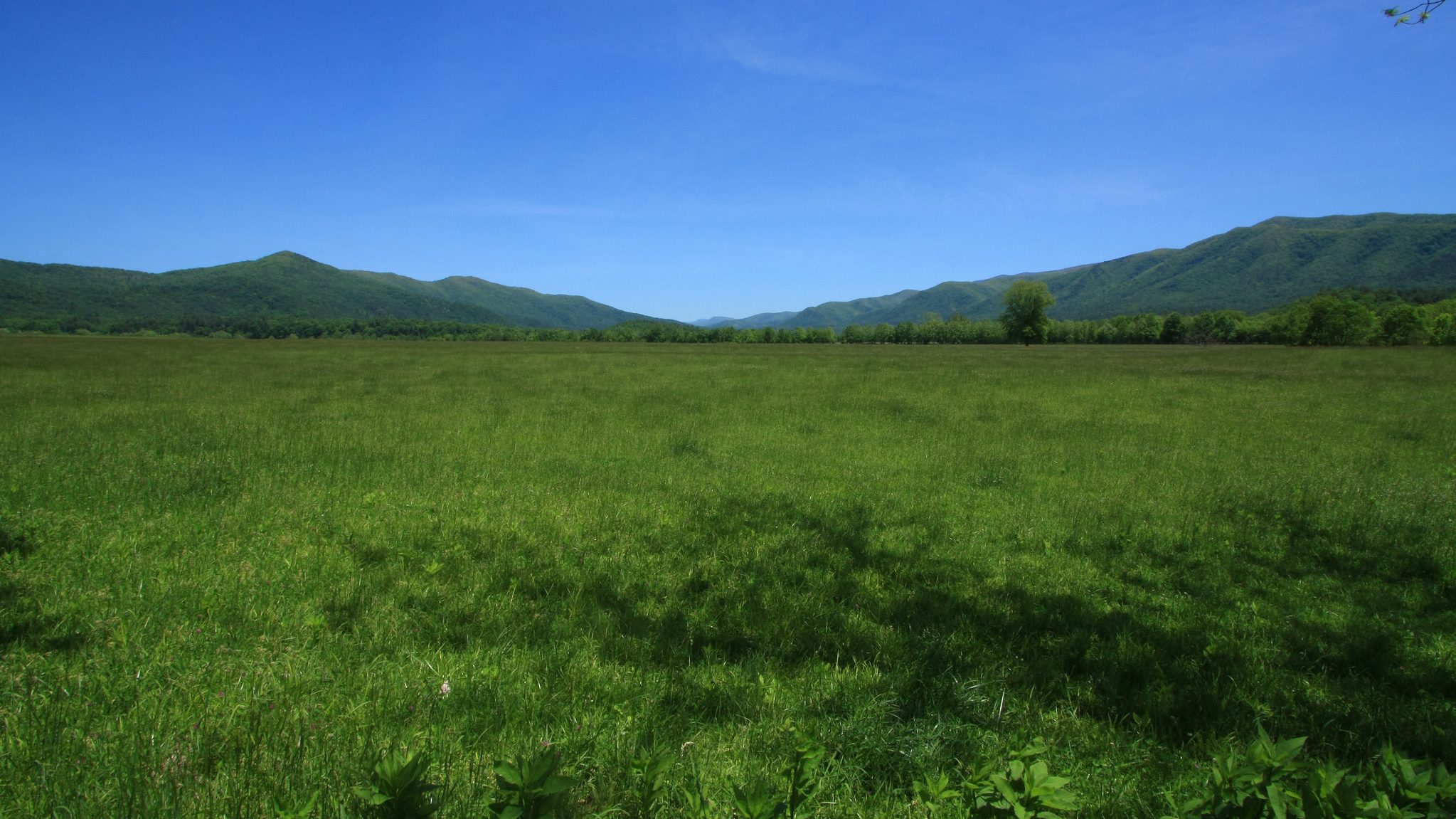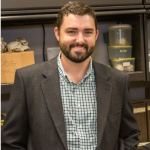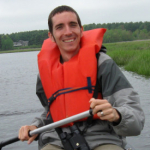June 18: Spring/Summer Science Series Presentation on Southeastern Grasslands Science

Join us on June 18th at 10am ET for the third presentation in our SE CASC & South Atlantic Spring/ Summer Science Series. The Southeast Climate Adaptation Science Center and the South Atlantic Conservation Blueprint Team have collaborated to present this four-part series showcasing SE CASC funded science projects that are relevant to conservation in the Southeast and South Atlantic region. The next presentation, Clarifying Science Needs for Southeastern Grasslands: The Piedmont, Coastal Plain, and Beyond, will be presented by Jennifer Cartwright (USGS Lower Mississippi-Gulf Water Science Center), Dwayne Estes (Southeastern Grasslands Initiative), and Rua Mordecai (South Atlantic Conservation Blueprint). Learn more about past and upcoming presentations in the series here.

Image Credit: Alan Cressler
Clarifying Science Needs for Southeastern Grasslands: The Piedmont, Coastal Plain, and Beyond
Jennifer Cartwright, USGS Lower Mississippi-Gulf Water Science Center
Dwayne Estes, Southeastern Grasslands Initiative
Rua Mordecai, South Atlantic Conservation Blueprint
June 18, 2020 | 10AM ET
Register here.
Grasslands are plant communities that have few or no trees, or have open canopies that allow for the development of a grassy groundcover. Grasslands in the southeastern U.S. support rare plant and animal species and in some cases qualify as global or regional hotspots of biodiversity. Yet the Southeast’s grasslands have been reduced by approximately 90% since European settlement, as the result of agriculture, urbanization, and fire suppression. Today, climate change represents an additional stressor that may pose direct and indirect threats to grassland-related biodiversity. We will discuss results from a region-wide workshop of scientific and conservation professionals exploring the challenges to grassland species conservation in the southeastern U.S., with emphasis on clarifying the research and data needs of the U.S. Fish and Wildlife Service (USFWS) and state agencies related to Species Status Assessments (SSAs) for imperiled grassland species. We will then focus in on challenges in the Piedmont – a region with one of the greatest declines in grasslands across the entire Southeast.
Learn more about our speakers:
 Jennifer Cartwright is an ecologist with the USGS Lower Mississippi-Gulf Water Science Center in Nashville, Tennessee. For her PhD dissertation she conducted field work in limestone cedar glades, a threatened grassland ecosystem supporting a number of rare species. Since then, her work has focused mostly on climate-change impacts, including the effects of increasing droughts and changing seasonal weather patterns on species, ecosystems, and regional biodiversity.
Jennifer Cartwright is an ecologist with the USGS Lower Mississippi-Gulf Water Science Center in Nashville, Tennessee. For her PhD dissertation she conducted field work in limestone cedar glades, a threatened grassland ecosystem supporting a number of rare species. Since then, her work has focused mostly on climate-change impacts, including the effects of increasing droughts and changing seasonal weather patterns on species, ecosystems, and regional biodiversity.
 Dwayne Estes serves as executive director at Southeastern Grasslands Initiative (SGI), which he co-founded in 2017. He is a Professor of Biology, Director of the APSU Herbarium, and Principal Investigator for the Center of Excellence for Field Biology, with research interests that include the flora, ecology, history, biodiversity, and biogeography of the Southeastern U.S. with emphasis on grasslands. He has been active in building diverse support for Southeastern US grasslands conservation.
Dwayne Estes serves as executive director at Southeastern Grasslands Initiative (SGI), which he co-founded in 2017. He is a Professor of Biology, Director of the APSU Herbarium, and Principal Investigator for the Center of Excellence for Field Biology, with research interests that include the flora, ecology, history, biodiversity, and biogeography of the Southeastern U.S. with emphasis on grasslands. He has been active in building diverse support for Southeastern US grasslands conservation.
 Rua Mordecai coordinates science for the South Atlantic and Southeast Blueprints. He helps integrate feedback from users, local experts, and ongoing research to improve the Blueprints. Rua led the development of the Piedmont Prairie Partnership – a group of non-profit, state, and federal agencies working to preserve, restore, and promote Piedmont Prairies.
Rua Mordecai coordinates science for the South Atlantic and Southeast Blueprints. He helps integrate feedback from users, local experts, and ongoing research to improve the Blueprints. Rua led the development of the Piedmont Prairie Partnership – a group of non-profit, state, and federal agencies working to preserve, restore, and promote Piedmont Prairies.
Get more details about the SE CASC & South Atlantic Spring/ Summer Science Series.
- Categories:
